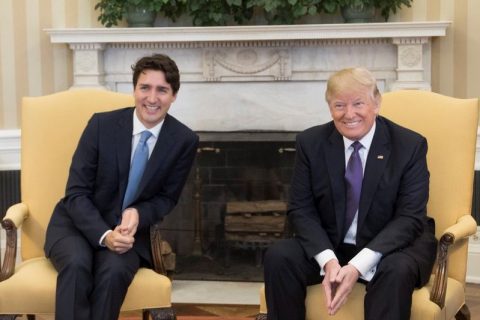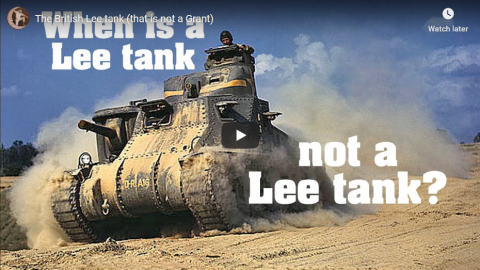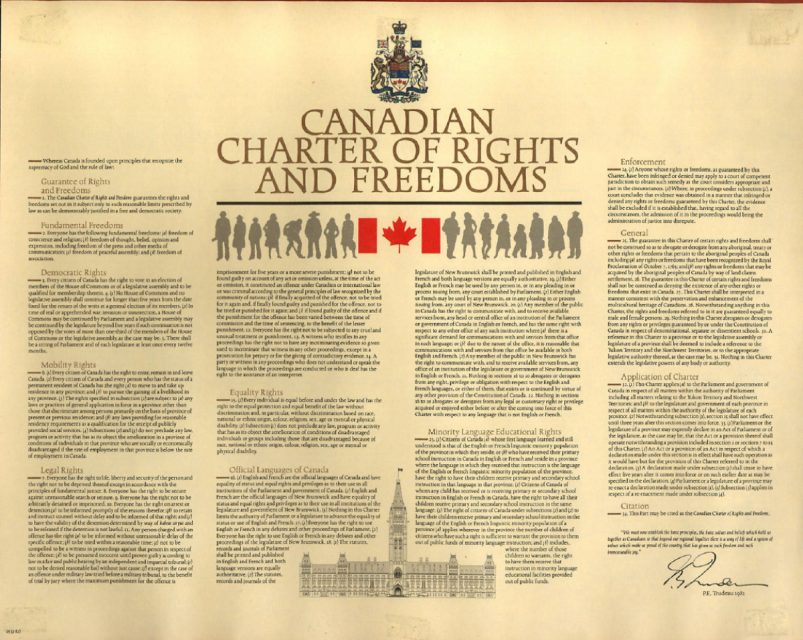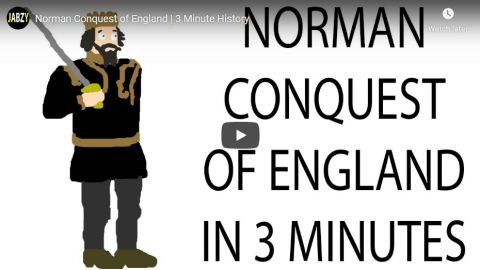Ted Campbell looks at the undisputable fact that Canada barely matters in Washington DC, and that this has been true since the end of the first Bush administration. He discusses a recent Globe and Mail article by David Mulroney which examines the need for the Canadian government to formally rethink “Canada’s role in the world” in that light:

Justin Trudeau meets with President Donald Trump at the White House, 13 February, 2017.
Photo from the Office of the President of the United States via Wikimedia Commons.
Mr Mulroney sees two major problems that confront Canada fifty years after A Foreign Policy for Canadians was published:
- First, he says, “Canada is again dealing with a threat to our autonomy from a major power, but this time, it comes not from the United States, but from the new world that was coming into being 50 years ago. The threat is now China, which is using its economic power to influence and silence us, is undermining our national security, and is challenging the rules-based international system that the review itself championed;” and
- Second, “we again need to face up to the consequences of our diminished status, but this time much closer to home. Fifty years on, the problem isn’t that the United States wants to dominate us, but that it has largely forgotten us. While it is tempting to blame this on the chaos of the Trump era, the painful reality is that the relationship has been in decline for some time, something that was manifestly evident in the cool detachment that marked Barack Obama’s management of relations with Canada.”
I think that second is, actually, more serious than the first. I believe we can wrap our collective mind around the fact that China doesn’t like us, that it regards us as an irritant and that it is using us as a whipping boy to send a message to its other, more important, trading partners. What has been harder to grasp is that Ameria no longer cares. It isn’t just Donald Trump, it was even just Barack Obama. George W Bush didn’t care either. Despite the great debates in Canada, it seems clear that President Bush never even asked for our help in either Afghanistan or Iraq, the “pressure” to do something to stand with the USA was entirely self-generated within Canada’s own foreign affairs and defence establishments. Bush, Chaney, Rumsfeld and Myers (the latter was Chairman of the Joint Chiefs of Staff from 2001 to 2005) were, possibly, grateful for the help on the ground, when they noticed it at all, but quite uninterested in Canada’s views on any of the issues concerned. Nor did Bill Clinton care about our views on or our actions in e.g. the Balkans. We, as a country, and our leaders, Jean Chrétien, Paul Martin, Stephen Harper and Justin Trudeau, did not and do not count for anything in Washington. Neither Chrystia Freeland nor Erin O’Toole nor any other Canadian prime minister, Conservative or Liberal, will fare any better. The last time Canada mattered was when Brian Mulroney and George H W Bush renegotiated the Canada-US Free Trade deal, making it into NAFTA, over a quarter-century ago. And the end of the halcyon days of Canada-US relations came a full decade before that, in the Mulroney-Reagan years. That can only change if Canada makes itself matter.
[…]
We, Canadians, must accept ~ and millions will not want to accept this ~ that, as Mr Mulroney says, “International influence … [and that includes influence where it counts most, with the USA] … is enabled by a strong economy, robust national infrastructure and institutions, and the willingness to invest in national defence and security.” One of the impacts of Pierre Trudeau’s policies was to divert spending from National Defence to social spending. That was immensely popular with many, actually with most Canadians … something for (a perceived) nothing always is. None of Brian Mulroney, Paul Martin or Stephen Harper, all of whom, it seemed to me, wanted to reverse course and act responsibly were able to change what Pierre Trudeau had put in place. The political price was suicide. But it has been fifty years and Canada is at risk of being totally irrelevant in an increasingly complex and dangerous world.
David Mulroney’s second challenge ~ recovering “the confident elaboration of national identity,” is, I suspect, much more difficult, especially given the “post-national state” quasi-intellectual rubbish that Justin Trudeau says was part of “his father’s vision.” It’s lunacy, of course, but it’s the sort of lunacy that appealed to many in the 1960s and appeals, again, a half-century later.
While I don’t disagree with Mr. Campbell’s analysis (and that of David Mulroney), I think getting our domestic house in order is the top priority, and the current Trudeau government does not appear to be doing much constructive on that sheaf of issues. With the very rule of law threatened at home, there’s little to no point in casting our eyes across the 49th parallel or overseas: we need to address the breakdown of internal governance first.







